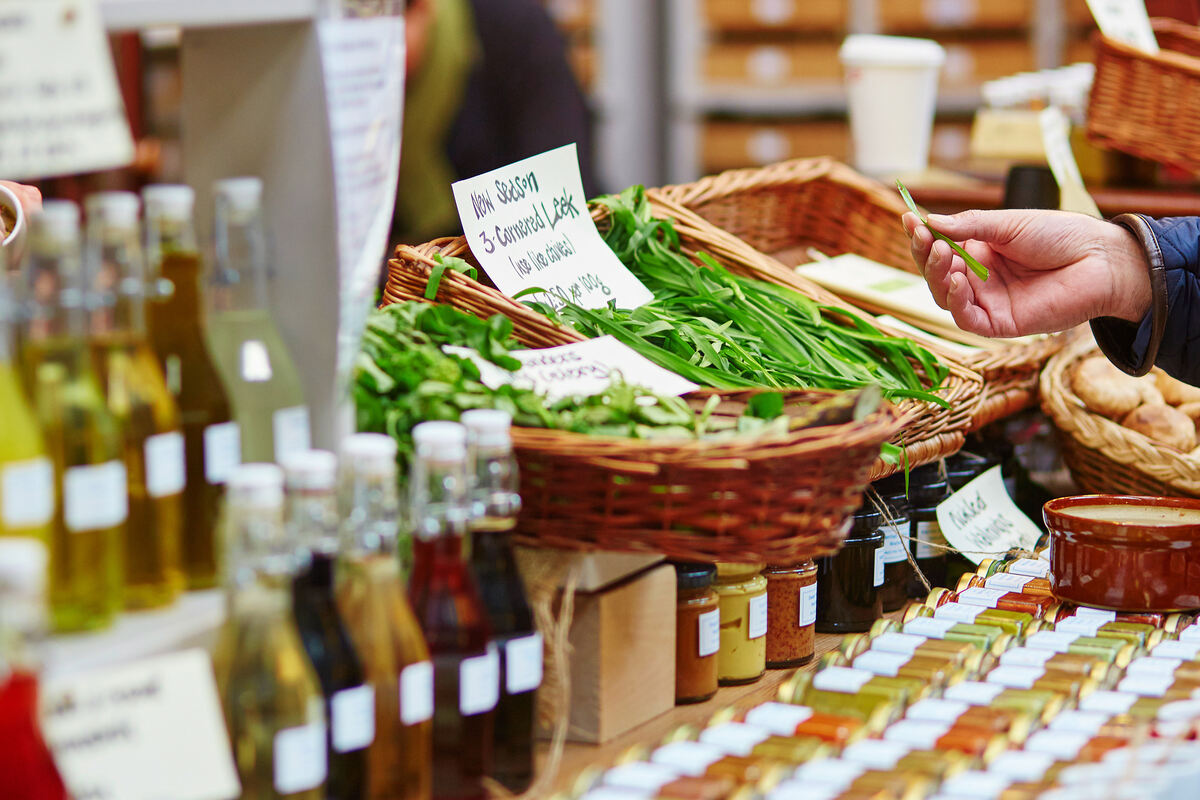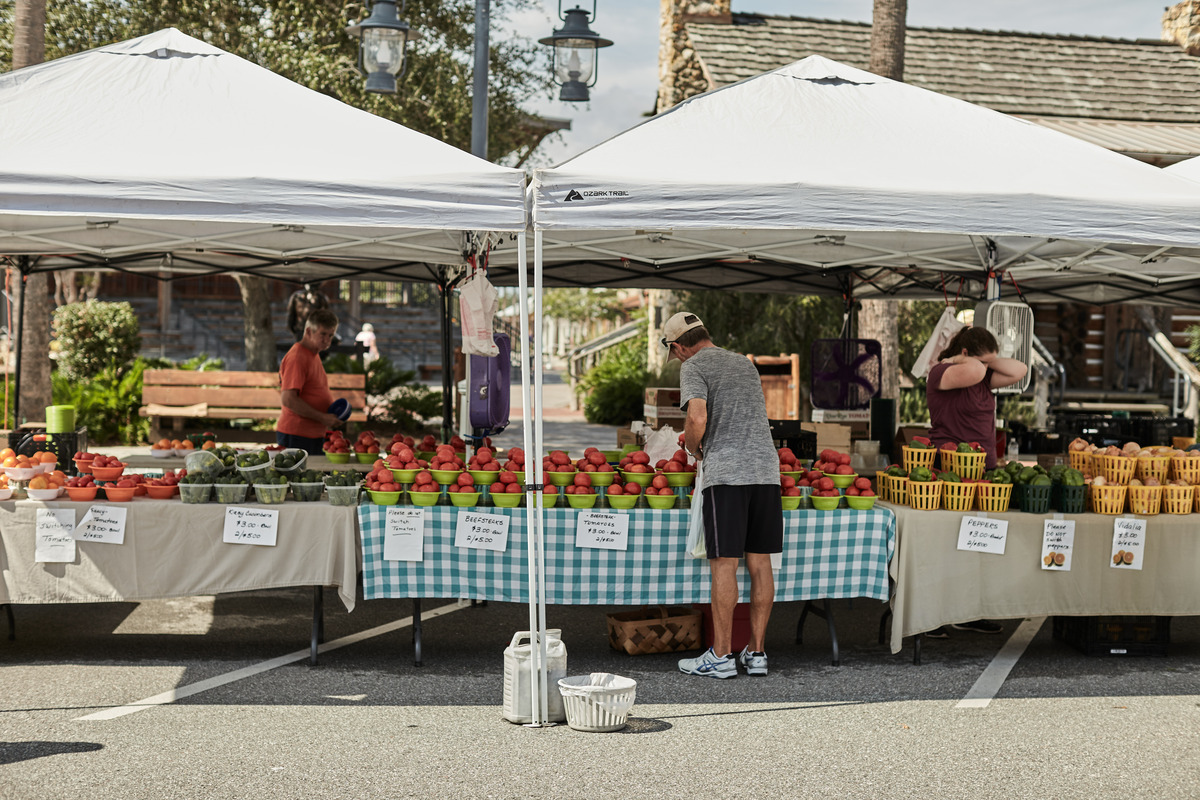If you’ve ever paused to think about the trash you throw away daily, you’ve probably realized just how much waste we produce. Behind the scenes, waste management systems work tirelessly to keep our environments clean, but they come at a cost – economic, environmental, and social.
That’s where green initiatives step in, changing how waste is managed and offering more sustainable ways of dealing with it.
Here’s how these green initiatives are making a difference in local waste management, why they matter, and what challenges lie ahead.
The Economics of Waste Management
When you think of traditional waste management – garbage trucks collecting trash, incinerators burning waste, and landfills piling up – you have to consider the costs involved.
These systems demand intense financial resources, from fuel for trucks to the upkeep of landfills that constantly need monitoring to prevent contamination.
A lot of these costs are directly passed on to communities through various forms of taxes, and it’s likely that your local government is always seeking ways to reduce these expenses without compromising the cleanliness of neighborhoods.
The Waste Hierarchy
Here’s where green initiatives and the waste hierarchy concept come into play. Maybe you’ve heard of the phrase “reduce, reuse, recycle” – it’s more than just a catchy slogan.
The waste hierarchy prioritizes reducing waste first (so there’s less to manage), reusing items to extend their lifespan, and finally recycling materials to make them into something entirely new.
Cities are starting to focus on waste at its source by educating households about reducing and reusing. For example, initiatives like composting programs or reusable packaging incentives aim to cut costs while reducing strain on waste management systems.
However, the private sector is also getting involved. There are food and beverage wastewater solutions available for restaurants and hotels. Small companies that focus on biofuel, clean energy, and sustainable homes are popping up left and right.
Environmental Benefits of Green Initiatives
Think for a moment about a landfill. It doesn’t just fill up with garbage – it also produces runoff, leaching harmful chemicals into nearby water sources, threatening wildlife, and putting human health at risk.
Green initiatives like composting or proper hazardous waste disposal tackle this issue head-on, directly reducing the environmental footprint of local waste management systems.
You’ve probably seen how small actions, like switching from single-use plastics to biodegradable options, are promoted as environmentally friendly solutions. That’s because this simple shift has massive benefits for local ecosystems by minimizing pollution.
Cutting Down Greenhouse Gas Emissions
Waste that ends up in landfills also releases methane, which is a potent greenhouse gas contributing to climate change.
Recycling and organic waste diversion programs help address this issue. Composting, for example, transforms food scraps into nutrient-rich soil instead of adding to harmful emissions.
By participating in these programs, you – and everyone in your local community – become part of a broader movement to minimize the negative environmental impacts of waste.
Social Effects and Community Engagement
The truth is, green initiatives don’t succeed without involvement from people like you. Community engagement matters, individual participation adds up, and you’ve likely seen this happen with something as small as a neighborhood recycling drive or composting workshop.
When local governments and organizations take these efforts seriously, they create platforms for collective action, such as communal composting sites, free recycling bins, or apps that help manage waste better. These little things snowball into significant impact.
Green initiatives do more than just manage waste. They build a sense of community pride and ownership. When you join in, whether it’s by recycling or attending a local clean-up event, you’re contributing to that collective responsibility. Over time, these efforts can cultivate a stronger bond within neighborhoods, where residents take real pride in their shared environment.
Challenges to Think About
It’s one thing to say a city or neighborhood should adopt green initiatives, but the reality is often more complicated. Funding these programs is a challenge. While the long-term benefits are clear, the upfront costs of implementing green technologies or programs can overwhelm budgets.
There’s also resistance to change. You might know someone who’s skeptical about sorting their trash or who doesn’t believe that green initiatives make a difference. Overcoming this mindset requires consistent education and demonstrating the tangible benefits of these efforts.
What’s on the Horizon?
Looking forward, technology will likely play a pivotal role in improving waste management through green initiatives. Smart waste bins capable of sorting recyclables automatically, AI tools for waste tracking, and advanced recycling facilities are just a few innovations on the horizon.
Policies are also evolving to put more responsibility on producers, ensuring that companies rethink product design and packaging to minimize waste.
How You Can Help Drive Green Initiatives
Green initiatives in waste management are building healthier environments, sustainable communities, and a brighter future. Whether through reducing waste, reusing materials, or recycling, your actions can amplify positive change.
Supporting these programs doesn’t just benefit ecosystems. It strengthens community connections and fosters a shared sense of responsibility for our world. Challenges like funding and resistance are real, but they’re far from insurmountable.
Real progress becomes possible when governments, businesses, and individuals come together with a shared purpose. The power to make a difference is in your hands – every small effort counts.










